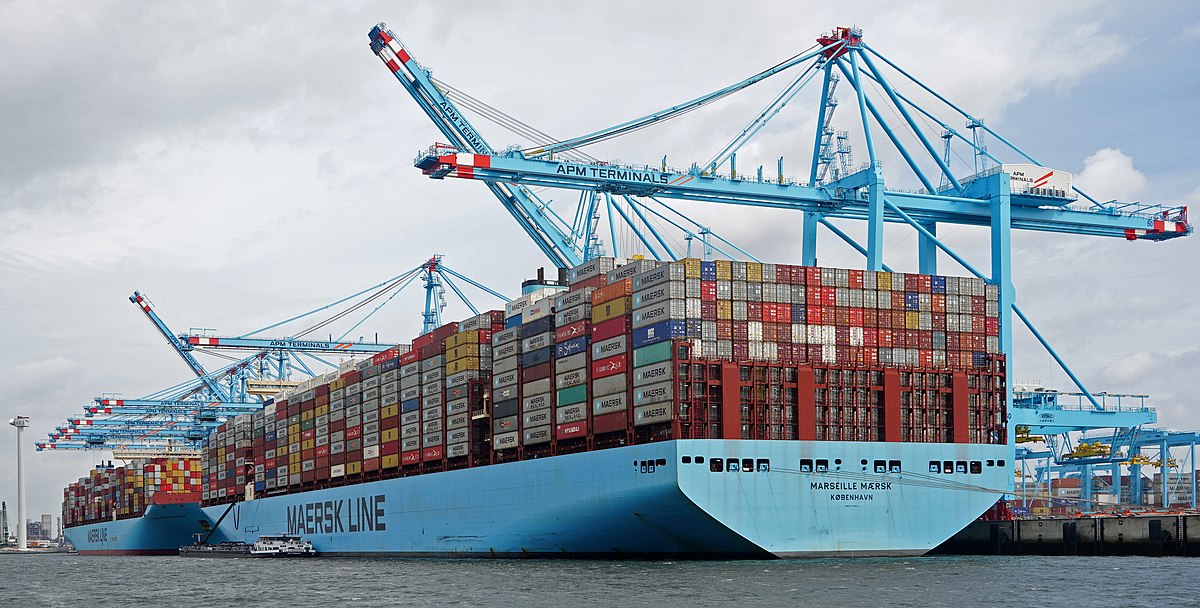In the realm of transportation and supply chain management, two terms that often intertwine but possess distinct meanings are logistics and cargo. While both are integral components of the global trade ecosystem, understanding their disparities is crucial for businesses seeking to optimize their operations. In this article, we will delve into the depths of logistics and cargo, unraveling their differences and shedding light on their individual significance.
- Defining Logistics and Cargo
Logistics encompasses a broad spectrum of activities involved in the management of goods, services, and information flow from the point of origin to the point of consumption. It encompasses planning, implementing, and controlling the efficient and effective movement and storage of goods, services, and related information. On the other hand, cargo refers specifically to the physical goods or merchandise being transported from one location to another. - Scope and Focus
Logistics encompasses a comprehensive range of activities, including procurement, transportation, warehousing, inventory management, packaging, and information management. It involves strategic decision-making to ensure the smooth flow of goods throughout the supply chain. Cargo, on the other hand, is primarily concerned with the physical handling and transportation of goods. It focuses on the movement, storage, and delivery of products from one point to another. - Integration and Collaboration
Logistics involves the coordination and integration of various stakeholders, including suppliers, manufacturers, distributors, retailers, and customers. It requires seamless collaboration and information sharing to optimize the supply chain and meet customer demands efficiently. Cargo, however, primarily involves the interaction between transportation providers, such as shipping lines, airlines, trucking companies, and freight forwarders, who are responsible for physically moving the goods. - Time and Cost Considerations
Logistics plays a vital role in optimizing time and cost efficiencies throughout the supply chain. It involves strategic planning to minimize transportation costs, reduce inventory holding costs, and streamline order fulfillment processes. Cargo, on the other hand, focuses on the physical movement of goods, ensuring timely delivery and minimizing transit times. - Technological Advancements
In the modern era, both logistics and cargo have been significantly influenced by technological advancements. Logistics heavily relies on advanced software systems, such as transportation management systems (TMS), warehouse management systems (WMS), and enterprise resource planning (ERP) systems, to enhance visibility, automate processes, and improve decision-making. Cargo operations have also witnessed technological advancements, including container tracking systems, real-time shipment monitoring, and automated handling equipment, to ensure efficient and secure transportation.
In conclusion, while logistics and cargo are interconnected, they represent distinct aspects of the supply chain. Logistics encompasses a broader scope, focusing on the management and coordination of various activities, while cargo specifically refers to the physical goods being transported. Understanding the disparities between logistics and cargo is crucial for businesses aiming to optimize their supply chain operations and deliver superior customer experiences.


